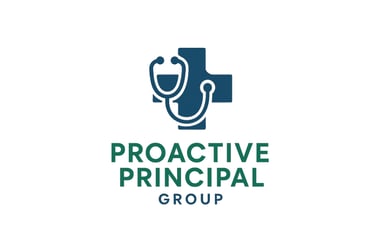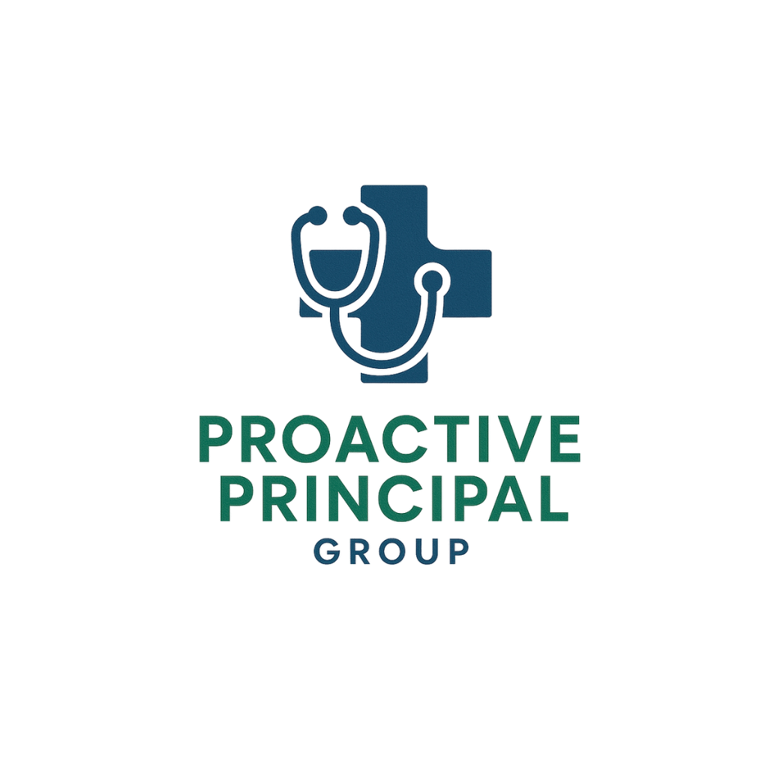New AI Liability Standards: California's new AI laws could impact your practice. Don't fly blind. Click to read the Blog & get the Free AI Risk Strategy Checklist
When a Social Media Post Becomes a Problem: What Physicians Must Know About Social Media, Medical Ethics, and Licensing Risks
Christina L. Essex
2 min read


Social media can be a powerful platform for physicians to educate, to advocate, and to connect. But it can also be a legal minefield. A recent case in Georgia has brought that reality into sharp focus and has drawn national attention.
A jury awarded $2.25 million to the grieving parents of a baby who was tragically decapitated during childbirth. Their pain was compounded when they discovered that videos from their child’s autopsy was posted on Instagram without their consent by an Atlanta physician (pathologist) involved in the case. The verdict made headlines but the implications for medical professionals go far beyond one courtroom.
As both a healthcare attorney and a consultant who advises physicians, I want to emphasize the broader takeaway: A single post—whether well-intended or carelessly shared—can become the basis for career-altering consequences, a civil lawsuit, or both.
WHY THIS MATTERS TO YOU BEYOND THE CIVIL PAYOUT:
Social media is NOT a safe space. Even if you remove PHI or patient identifiers, patient images can still raise privacy concerns under HIPAA and violate ethical standards. Also, public post are discoverable in court and reviewable by the Medical Boards. Intent does not shield consequences.
THE GEORGIA COMPOSITE MEDICAL BOARD:
The Georgia Composite Medical Board (GCMB) requires physicians to report any judgment or settlement over $100,000 related to patient care within 10 days. That includes matters related to professional misconduct, boundary violations, or breaches of confidentiality even if they occur online. The GCMB can initiate its own investigation or disciplinary action based on the conduct, not just the outcome.
Additionally, any judgment or settlement related to patient harm, including cases where social media is a contributing factor, may be reportable to the National Practitioner Data Bank (NPDB). However, a settlement like this case is automatically reported to the NPDB. This reporting can follow you across state lines and affect future credentialing, hospital privileges, licensing, and insurance network participation. Additionally, it may trigger peer review or red flags during payer or insurer audits.
These are not just HR issues or PR nightmares. They are licensure and livelihood risks.
4 KEY LEGAL & ETHICAL RISKS OF SOCIAL MEDIA USE FOR PHYSICIANS:
Violation of Patient Privacy: Even de-identified cases can raise red flags if context or timing makes a patient identifiable. HIPAA is not the only concern. State ethics laws and common law privacy doctrines apply too.
Perceived Lack of Professionalism: Juries, licensing boards, and credentialing committees view public behavior as a reflection of clinical judgment. Posts can be misconstrued, used in litigation, or citied in board complaints.
Impact on Medical Board Investigations: Social media content may be used as evidence in GCMB investigations or disciplinary proceedings, especially if the posts are linked to patient care or alleged boundary issue.
NPDB Reports and Career Consequences: A settlement or adverse action, even without a formal hearing, can trigger mandatory NPDB reporting. These reports are accessible by hospitals, insurers, and licensing boards nationwide.
Unfortunately, the physician in this case will face career-altering consequences that will follow him, including reputational damage and loss of public and professional trust.
THE BOTTOM LINE:
Physicians must be thoughtful, strategic, and legally informed about social media. One misstep can create a ripple effect—from malpractice suits to lost licenses to reputational damage that can’t be undone with a simple deletion.
If you're facing a board complaint, lawsuit, or feel uneasy about a post or interaction - email me or book a confidential consultation to discuss your situation. Let's protect what you've work so hard to build.
Christina L. Essex
Founder & Principal Consultant
© 2025. All rights reserved. | Proactive Principal Group, LLC | Disclaimer | Privacy Policy | Terms of Service


info@ppgconsultants.com
Monday - Thursday: 9am - 5pm
Friday: 9am - 3pm
Mailing Address: 1445 Woodmont Ln, NW # 2408, Atlanta, GA 30318
Proactive. Strategic. Empowered.
Your physician's advocate and navigator. We help you move with clarity. Let us protect your license and livelihood.
678-203-8704
Contact Us
